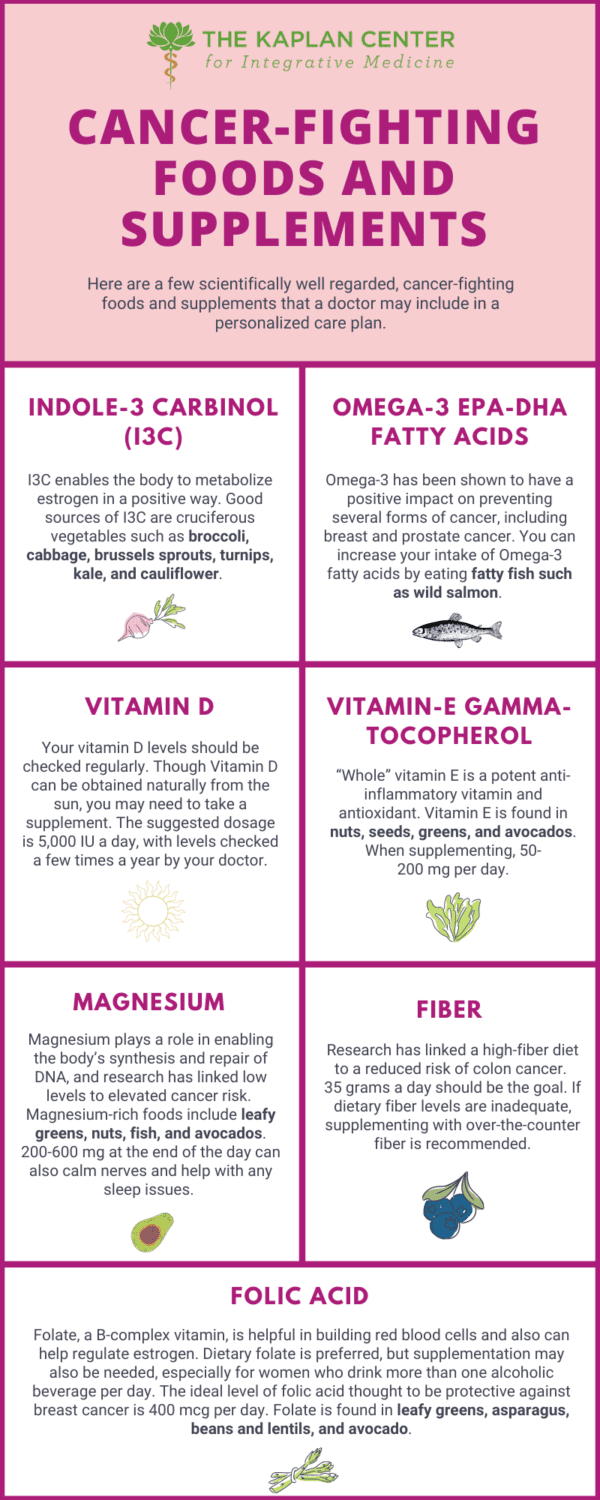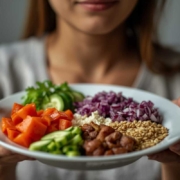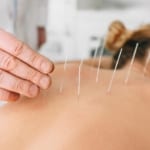Minimizing Breast Cancer Risk
According to the American Cancer Society, about 276,480 new cases of invasive breast cancer will be diagnosed in women in 2020. A further 2,620 new cases of invasive breast cancer are expected to be diagnosed in men.
The causes of cancer are complex; genetics and our environment can play a large role. So while there is no sure way to prevent it, the tests, supplements, and lifestyle recommendations outlined below, along with the guidance of a trusted physician, can help minimize your risk.
Lifestyle Choices in Minimizing Cancer Risk
Lifestyle can play a very important role in minimizing your risk of cancer. I highly recommend the book, Keeping aBreast, by Dr. Khalid Mahmud, which offers the following suggestions for maintaining an optimal lifestyle (some of these also appear in well-regarded studies).
- Nutrition: Good nutrition and targeted supplementation can help to reduce cancer risk. A low-glycemic diet that includes lean protein and more than 5 daily servings of vegetables is recommended. (See below for some of the best cancer-fighting foods and supplements.)
- Exercise: Exercise programs emphasizing an increase in lean muscle mass offer benefits twofold by decreasing inflammation which in turn lowers cancer risk. On the other hand, an excess of fat in the body can increase levels of estrogen which increases the risk of breast cancer. One should aim for a BMI (body mass index) of 25.
- Red Wine: Drinking red wine in moderation (less than 3 small glasses, 5 ounces each, per week) can reduce free radicals that damage DNA.
- It’s important to note that drinking in excess and smoking increase the presence of free radicals, and interfere with the body’s ability to repair potential cancer cells.
Risk Assessment Tests
There are currently many tests available to assess the risk of breast cancer – for the purpose of this article I have chosen 3 to mention:
- Estrogen-Metabolism Assessment: This valuable tool evaluates how your body metabolizes and processes estrogen. Certain types of estrogen metabolites may increase the risk and worsen the prognosis of breast cancer. Testing the levels of these metabolites in your blood or urine can help determine whether lifestyle changes, such as diet and exercise, are warranted in reducing the level of unhealthy estrogens in the body.
- BRCA Gene Testing for Women and Men with a Strong Family History of Cancer: Certain gene mutations can indicate that some women and men have a higher risk of developing breast and ovarian cancers. Those who have inherited the harmful BRCA gene mutation are about five times more likely to develop breast cancer in their lifetimes than if they were without it. Also, certain ethnic and geographic populations, such as Ashkenazi Jews, Norwegians, Dutch and Icelandic people have a higher prevalence of BRCA 1 and 2 mutations. Knowing whether or not you carry the mutation can help you understand your personal risk of developing breast or ovarian cancer as well as passing it on to children.
While the BRCA gene mutation is the most common mutation associated with breast cancer, over the past few years other gene mutations have been identified. If there is a strong family history of cancers, genetic counseling would be advised. - DUTCH (Dried Urine Test for Comprehensive Hormones) test: The DUTCH test is an advanced hormone test that can help identify symptoms of hormonal imbalances. DUTCH testing can help patients manage risk, based on their unique hormonal profile.
Cancer-risk testing, although not yet perfect, is highly recommended, especially if you have a family history of the disease. Taking these tests can also help your doctor proactively tailor your care, depending on any medical predispositions.
Eat More Cancer-Fighting Foods
Click Here to Download the Infographic: Cancer Fighting Foods & Supplements PDF
Consider Seeking an Integrative Medical Practitioner
A board-certified physician with experience in functional medicine can work with you to safely tailor a vitamin and supplement plan based on your personal test results and health concerns.
If you are concerned about breast cancer, our doctors at The Kaplan Center for Integrative Medicine can work with you to tailor a scientifically-based program designed to lower the risk of cancer, while also helping you enjoy a healthy and active life.
We are here for you, and we want to help.
Our goal is to return you to optimal health as soon as possible. To schedule an appointment please call: 703-532-4892 x2
Additional References:
[1] Brew, C.T., Aronchik, I., et al. 2009. “Indole-3-carbinol inhibits MDA-MB-231 breast cancer cell motility and induces stress fibers and focal adhesion formation by activation of Rho kinase activity.” International Journal of Cancer, May 15;124(10):2294-302.
[2] Simonpoulos, A.P. 2002. “The importance of the ratio of omega-6/omega-3 essential fatty acids.” Biomed Pharmacother, Oct; 56(8):365-79.
[3] Dietrich, M., Traber, M.G., et al. 2006. “Does gamma-tocopherol play a role in the primary prevention of heart disease and cancer? A review.” Journal of the American College of Nutrition, Aug;25(4):292-9.
[4] Garland, C.F., Gorham, E.D., et al. 2009. “Vitamin D for cancer prevention; global perspective.” Annals of Epidemiology, Jul;19(7):468-83
[5] Rosanoff, A., Weaver, C.M., et al. 2012. “Suboptimal magnesium status in the United States: Are the health consequences underestimated?” Nutrition Review, Mar; 70(3): 153-64.
[6] Chen, P., Li, C., Li, X., Li, J., Chu, R., and Wang, H. 2014. “Higher dietary folate reduces breast cancer risk.” British Journal of Cancer, 110(9):2327-38.
Updated: September 24, 2018.












Leave a Reply
Want to join the discussion?Feel free to contribute!